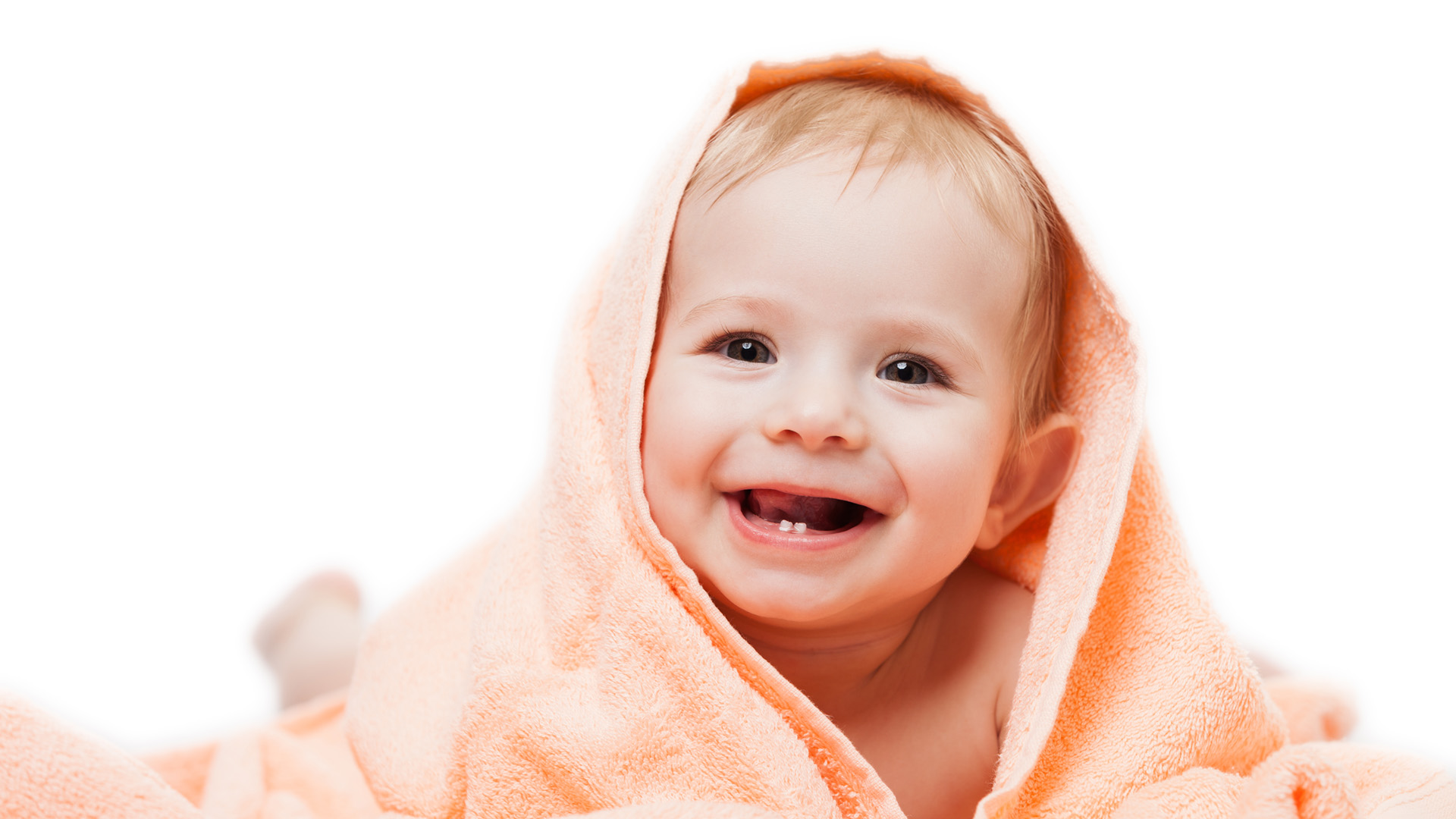Many parents may overlook the importance of baby teeth, yet understanding why baby teeth are important is crucial for a child’s health and development. These small teeth support vital functions such as eating and speaking and act as guides for permanent teeth, ensuring proper alignment. It is key to encouraging healthy oral habits early. This article delves into the developmental role of baby teeth, addresses common concerns, provides maintenance tips, and discusses the transition to permanent teeth, ensuring your child enjoys a healthy smile for years.
The Role of Baby Teeth in Development
Baby teeth, or primary teeth, fulfill essential roles in a child’s growth. One major function is facilitating chewing, crucial for proper nutrition. As children start consuming solid foods, they help break down these foods, improving digestion and nutrient absorption. Without healthy baby teeth, children might struggle with eating a balanced diet, impacting their overall health.
Beyond nutrition, baby teeth are vital for speech development and language skills. They assist in articulating sounds and words, allowing children to communicate effectively. Proper pronunciation often depends on teeth positioning, so healthy they boost a child’s confidence in speaking and social interactions.
Baby teeth also guide the alignment of permanent teeth, acting as placeholders to ensure adult teeth emerge correctly within the jaw. Losing baby teeth prematurely due to decay or other issues can lead to misalignment and overcrowding, possibly requiring orthodontic treatment later. This highlights for laying the foundation for a child’s future dental wellness.
Common Concerns About Baby Teeth
Understanding various aspects of baby teeth can ease parental concerns during these crucial years, is important. Teething is a common issue, causing discomfort for infants. Symptoms include increased drooling, irritability, and chewing tendencies. Relief can be provided with teething rings, gentle gum massages, or over-the-counter remedies for teething symptoms, following consultation with a healthcare professional.
Cavities can affect baby teeth despite their temporary nature. Baby teeth are vital for speech development and guide permanent teeth alignment. Cavities can lead to pain and infection, hindering a child’s ability to eat and speak properly. Establishing a routine of brushing baby teeth with a soft toothbrush and fluoride-free toothpaste can prevent cavities and instill good habits early.
Knowing when to seek professional dental advice is essential for your child’s dental health. Persistent discomfort during teething, visible spots or discoloration on teeth, or difficulty eating should prompt a visit to a pediatric dentist. Regular check-ups help monitor dental development and address concerns early, ensuring healthy baby teeth that pave the way for a beautiful smile.
Tips for Maintaining Healthy Baby Teeth
Building a strong foundation for oral health in children begins with daily hygiene practices that highlight why baby teeth are important. Cleaning a baby’s gums with a soft, damp cloth before teeth emerge is recommended. Once teeth appear, brushing twice daily with a small amount of fluoride toothpaste is essential. A smear of toothpaste is suitable for children under three, while a pea-sized amount works for those aged three to six. Encouraging two-minute brushing sessions makes the routine effective and enjoyable.
Regular dental check-ups are critical for monitoring baby teeth development and ensuring correct oral hygiene practices. The American Dental Association suggests a first dental visit by a child’s first birthday or within six months of their first tooth appearing. These visits allow early detection of issues and provide expert advice for maintaining oral health.
Healthy dietary choices are also important for supporting dental health. A balanced diet rich in fruits, vegetables, whole grains, and dairy, with limited sugary snacks and drinks, is ideal. Water is the best hydration choice, helping rinse food particles that could lead to cavities. Prioritizing these practices ensures your child’s baby teeth remain healthy and strong, laying the groundwork for lifelong oral health.
Transitioning to Permanent Teeth
The shift from baby teeth to permanent teeth marks a significant milestone in dental development. Children typically start losing baby teeth around age six, continuing until about age twelve. This timeline can vary slightly, but the incisors usually fall out first, followed by canines and molars.
During this transition, parents should expect varied experiences as their child navigates the discomfort and excitement of losing teeth. Some children may experience mild discomfort with loose teeth, while others might feel anxious about the change. It’s crucial to reassure your child, explaining how they make way for adult teeth. As baby teeth fall out, they are replaced by larger permanent teeth meant to last a lifetime.
Monitoring dental health during this transition is vital, emphasizing why baby teeth are important in ensuring permanent teeth emerge correctly and addressing potential issues like crowding or misalignment early. By encouraging good oral hygiene habits and seeking professional advice when needed, you can support your child’s journey to a healthy, confident smile.
